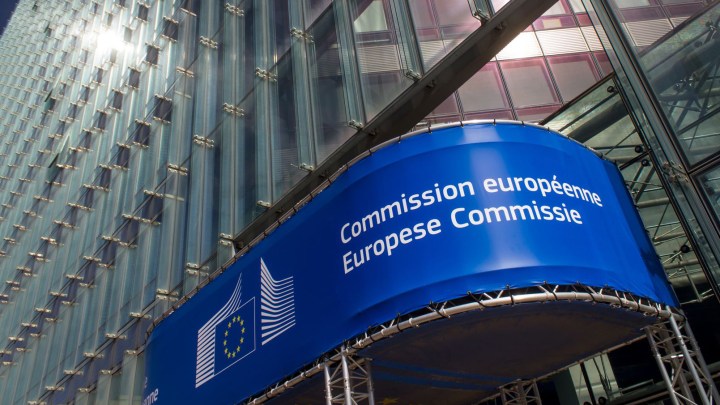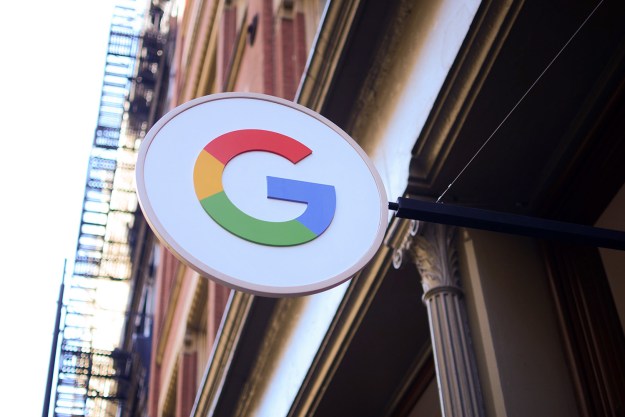
Getty Images’ complaint plays off of the EU’s central claim that Google has abused the dominance of its Android operating system by forcing manufacturers to prioritize Google apps and services like Google Search, Chrome, and the Play Store, leaving little room for competition.
And competition is exactly what Getty Images believes Google is stifling with its Image Search. The photo agency says Google “scrapes” image content from other publishers, offering these copied images in search results to just about anyone for free. And a recent change in 2013 has allowed such images to display in a high resolution, making it unnecessary for people to click through to the original website. This directly affects Getty Images’ revenue, the complaint alleges.
But that’s not all — Getty further charges that Google will remove image content entirely from its searches if companies do not consent to their content being “scraped” or copied — and removal from search results is equivalent to becoming invisible on the Internet. The complaint isn’t a first for Getty, as it previously filed an action with the commission in June 2015.
“Google’s behavior is adversely affecting not only our contributors, but the lives and livelihoods of artists around the word — present and future,” says Getty Images General Counsel Yoko Miyashita in a blog post. “By standing in the way of a fair marketplace for images, Google is threatening innovation, and jeopardizing artists’ ability to fund the creation of important future works.”
Displaying these images in search results has also turned users into “accidental pirates,” due to widespread copyright infringement, Getty said.
A Google spokesperson pointed to a 2013 statement it made about how its new high-res feature doesn’t negatively impact traffic to websites.
“As we’ve noted before, there are no more phantom visits and actual CTR to webmaster pages, i.e. real traffic, is up 25%, so real visits are up,” a company spokesperson said. “As you know, we doubled the way users can reach the host website.”
Last week, the Wall Street Journal reported that its parent company, News Corp., filed a similar complaint with the commission relating to Google’s search results, claiming that the company is “reinforcing its dominance in general search” by copying content from publishers in connection with its display of news articles.
The Mountain View company is also facing an escalated probe from the Federal Trade Commission, who has been looking into Google’s “home-screen advantage” on Android.
But perhaps in Google’s favor, courts and regulators from the U.K., Germany, Brazil, Korea have looked into various Google practices over the past few years and found them not to be anti-competitive, a source familiar on the matter said. Last week, Canadian regulators said the company didn’t violate competition laws. These regulators came to the conclusion after a probe that lasted several years, where they also consulted the FTC and European regulators.
“We’re pleased that the Canadian Competition Bureau has decided to end its inquiry,” a Google spokesperson told Digital Trends. “We work hard in a competitive landscape to create a great experience for our users and help them quickly and easily find what they need from Google.”
Editors' Recommendations
- Google loses landmark antitrust lawsuit against Epic Games
- Google slapped with record-setting antitrust fine in the EU
- Another day, another antitrust claim: EU targets Apple Wallet
- The Google Pixel 6 and 6 Pro barely charge any faster than the Pixel 5
- Faster charging confirmed for Google Pixel 6 and Pixel 6 Pro


